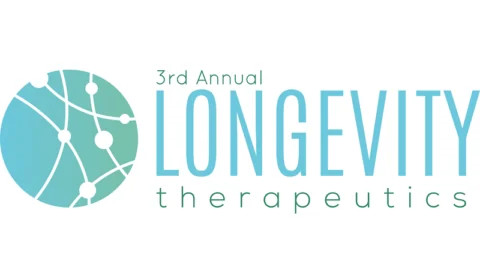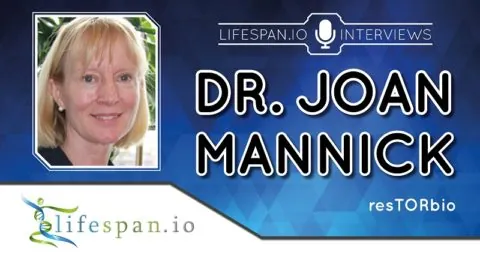ResTORbio/Adicet Bio, Inc

Organization Description
ResTORbio was a clinical-stage biopharmaceutical company developing mTOR inhibitors for the treatment of aging-related diseases, with a specific focus on age-related immune decline.
In 2020, following the failure of its lead asset RTB101 in Phase III, resTORbio announced its intent to merge with Adicet Bio, a company that develops gamma-delta T-cells for autoimmune diseases and cancer immunotherapy. The title of the press release for the merger was “resTORbio and Adicet Bio Announce Merger Agreement to Advance Allogeneic Gamma Delta CAR-T Cell Therapy Technology,” suggesting little interest in advancing RTB101. Although the press release indicated that the merged company would continue development of RTB101, it seemed to indicate — and a subsequent investor presentation made explicit — that the merged company’s sole intention in that regard was to complete an in-process trial of RTB101 against COVID-19. The company expected that trial to be completed by Q1 2021; however, no publication has been forthcoming, although Dr. Mannick has occasionally presented some of its data at conferences.
The financial press (such as Seeking Alpha and Fierce Biotech) concluded that the purpose of the merger was to repurpose ResTORbio’s relatively substantial cash reserves to advance Adicet’s assets. Consistent with this, an investor presentation on the merger focused almost entirely on Adicet’s assets, and as of September 2025, RTB101 is not listed on its pipeline page.
History
ResTORbio originated as a project within the New Indication Discovery Unit at Novartis, which aimed to identify indications and medical needs that were scientifically tractable yet neglected by the industry. Joan Mannick suggested a program in longevity biotech, and sought to identify an indication for which FDA would license a drug; that would have a valid biomarker to inform early testing; and for which she could identify a trial endpoint that they could meet within a timeframe acceptable to investors.
Based on animal research, they chose a strategy of immune rejuvenation via mTOR inhibition, with their trials structured around enhancing older people’s immunological (and eventually clinical) response to the influenza vaccine.
After positive initial results with Novartis’ rapamycin analog (rapalog) Afinitor/everolimus, subsequent trials involved different combinations of everolimus and a mechanistically distinct mTOR inhibitor, RTB101. Novartis was only prepared to make RTB-101 available for further testing, evidently primarily to extend its patent runway, and the project was spun out into a new company, ResTORbio. Ultimately, RTB101 failed in Phase III, with a range of possible explanations, including the potential for prior trials to have yielded false positives, the change in drugs, and the change in trial endpoint in Phase III.






